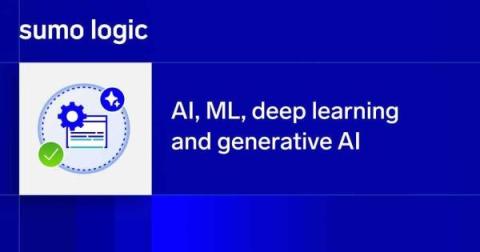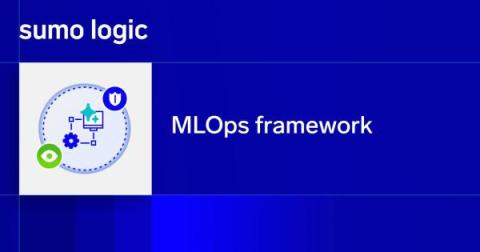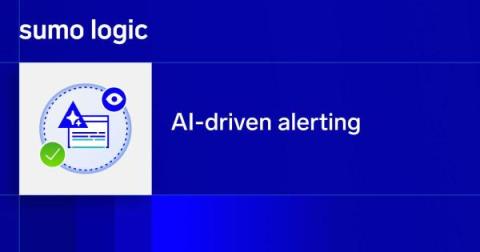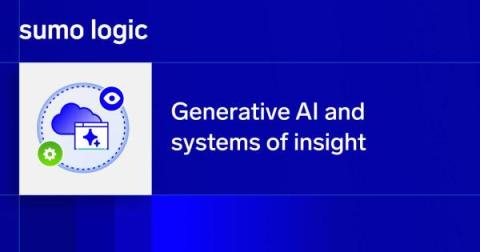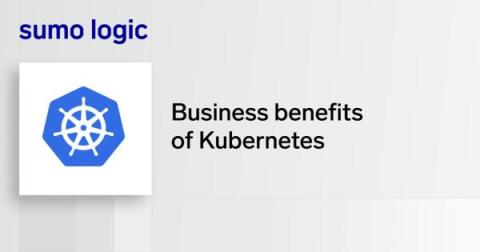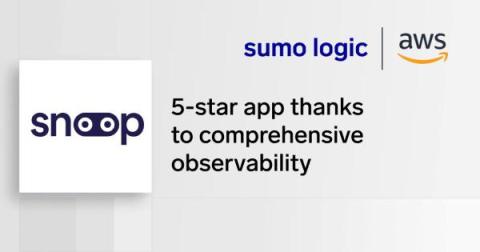What are the differences between artificial intelligence, machine learning, deep learning and generative AI?
While deep learning, machine learning and artificial intelligence (AI) may seem to be used synonymously, there are clear differences. One school of thought is that artificial intelligence is a larger umbrella category under which machine learning falls and deep learning falls under machine learning. Therefore, while everything that is categorized as deep learning or machine learning is part of the artificial intelligence field, not everything that is machine learning will be deep learning.


